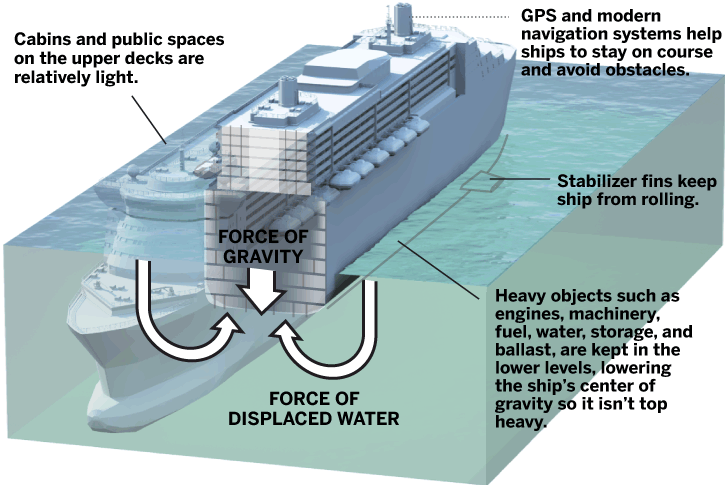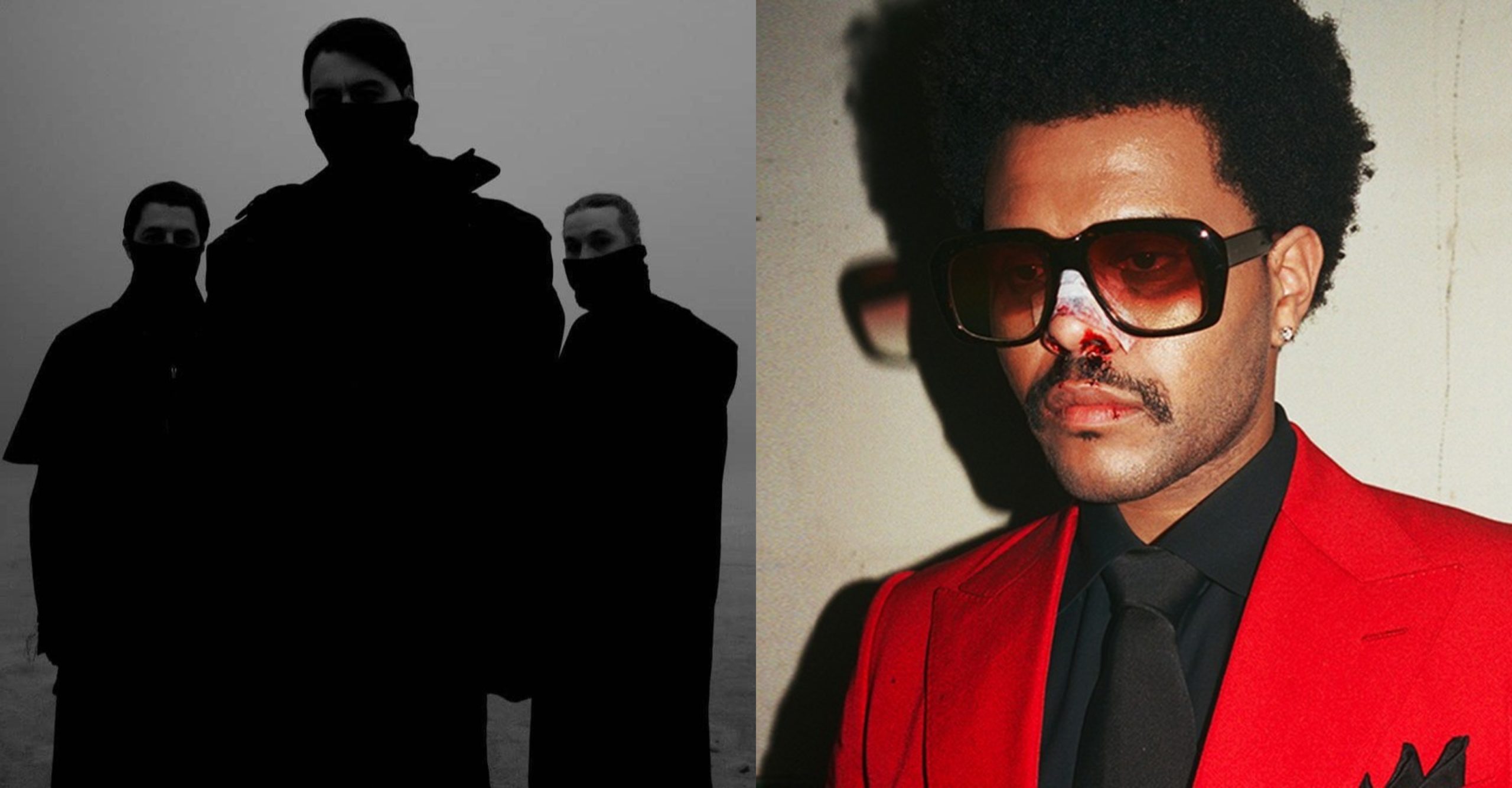Table Of Content

Remember, while incidents can happen, they are incredibly rare due to the proactive measures taken by reputable cruise lines and the strict safety standards enforced by the industry. By following the onboard guidelines and being vigilant, you can enjoy a safe and worry-free cruise experience. It’s important to note that cruise ships are subject to stringent safety regulations to ensure the well-being of crew members and passengers. All cruise ships must adhere to the international Safety of Life at Sea regulations, covering everything from maritime security to fire safety. Cruise ships are among the safest modes of travel, adhering to rigorous international safety standards and regular inspections. Equipped with advanced medical facilities, security measures, and a trained crew, they are well-prepared for various emergencies.

Best Covid-19 Travel Insurance Plans
It's not possible for someone to slip on a wet deck or trip over a door frame and simply fall off a cruise ship. Take only necessary cash ashore during excursions and independent exploration in ports. If you do carry cash, use a money belt for the majority, with just a few small bills and coins in your pockets. Finding someone to pair up with for certain activities, especially late at night or in less frequented areas of the ship, is a sensible precaution. Of course, enjoying an alcoholic beverage or two is an important part of a vacation for many people. If you do decide to indulge, try to do so in moderation and always make sure you’re drinking water alongside that tempting cocktail.
Will my kids be safe exploring the ship on their own, or do I have to stay with them at all times?
While accidents can happen, the lessons learned from past incidents continuously drive innovation and improvements in safety standards. As someone who has experienced cruising with kids firsthand, I can confidently say that cruise ships are safe for children. By following strict safety regulations, adhering to international standards, and undergoing regular inspections by the Coast Guard, the cruise industry ensures a safe and enjoyable experience for all passengers. So, if you’re considering a cruise vacation with your family, rest assured that the safety of your children is a top priority on board cruise ships. Every cruise ship is equipped with enough survival craft, including lifeboats and life rafts, to accommodate at least 125 percent of the number of persons onboard. In addition, all survival craft must be tested and meet rigorous safety requirements.
Woman's 11-step cruise safety plan mocked: 'You forgot the guard dogs' - New York Post
Woman's 11-step cruise safety plan mocked: 'You forgot the guard dogs'.
Posted: Sun, 31 Dec 2023 08:00:00 GMT [source]
Award vs. cash calculator
Note that because they are never far from land-based medical care, most river cruise vessels do not have onboard medical staff. Additionally, medical care can be expensive on cruise ships that do offer it. It's generally not covered by regular health insurance, so always purchase a travel insurance policy. “The amount of safety measures and protocols in place on a cruise is unrivaled in most other businesses,” he says. It’s hard to pinpoint other industries with such robust protocols,” he adds.
7 Common Misconceptions About Cruising In 2024 - Forbes
7 Common Misconceptions About Cruising In 2024.
Posted: Sun, 21 Jan 2024 08:00:00 GMT [source]
“They have a duty to their passengers under the maritime common law to advise the passengers of these risks,” he said. That includes any hazards during port stops, which Hickey said are “part and parcel” of a cruise. Your cabin is your sanctuary on the sea, but safety doesn’t stop at the door.
Most cruise ships plying the oceans have at least one medical doctor and two nurses onboard who can respond to medical emergencies. There also are trained security officers onboard who will respond to complaints of violent confrontations or crimes and unruly behavior. All crewmembers receive continuous training in emergency procedures and first aid as mandated by the International Maritime Organization. Not only does passenger safety protect a cruise line’s reputation and bottom line, but mandatory safety regulations and sophisticated safety technologies ensure that cruise ships are an incredibly safe form of travel.
Mechanical failures and accidents on cruise ships can occur, but they are infrequent. The cruise industry is highly regulated and enforces strict safety standards to minimize the risk of such incidents. Cruise ships are designed with sturdy construction and equipped with life-saving equipment, including lifeboats, life preservers, and life rafts for all passengers. Advanced technology allows for efficient evacuation procedures if necessary.
Practice Good Hygiene and Follow Health Guidelines

Cruise ships are subject to evaluations from SOLAS representatives, so they are not examined internally. This means the evaluators are impartial and will not hesitate to penalize a cruise ship for any infraction. We don’t want to downplay the seriousness of something happening in the open ocean. To our knowledge, Costa Concordia is the only modern cruise ship from a major line to actually sink in recent history. Norovirus and other stomach bugs are notorious for spreading through schools, offices, and yes, cruise ships. However, you likely have heard of them more due to reporting requirements from the federal government that aren’t in place for other entities.
Like other businesses, cruise lines have mostly dropped their vaccination and/or testing requirements. But cruise lines still have safety protocols in place to prevent and control COVID-19 outbreaks on board, Labus said. However, we may have a skewed perception of the actual risk of cruise ship outbreaks. Thousands of cruises travel and disembark each week without incident, but we don’t hear about them, Labus said. We only hear about the occasional outbreaks on the news, so we might think they happen all the time. Drop us an anchor below to share your thoughts on whether you think cruises are safe.
This is where you learn where your muster station is, how to don a life jacket and what the alarms mean, should they be sounded. Cruise ships are technical entities, so small fires, electrical outages and propulsion problems do occur. But chances are you'll never even be aware of any such problem and cruise safety is virtually never compromised by such incidents. Some cruises are also not requiring masks onboard indoors while others are, so like with vaccinations and testings, also check with your cruise line about their mask requirements. Additionally, vaccinations, tests, and masks could be required on bus transfers, in hotels, and on excursions so be sure to ask your cruise line about that, too.
All cruise ships must be designed and operated in compliance with strict requirements of international law and must follow established rules and regulations to protect everyone on board. Every aspect of cruising is heavily regulated and monitored under both U.S. and maritime law. Modern cruise ships are marvels of engineering, built with strict safety standards.
They’re designed to handle the unpredictability of the sea while ensuring the comfort and safety of everyone onboard. Even though you might think of pirates as having only been a real threat hundreds of years ago, they actually still pose a risk for ships and boats sailing on the waters today. It’s only happened a handful of times, and all in the Middle Eastern region.

No comments:
Post a Comment